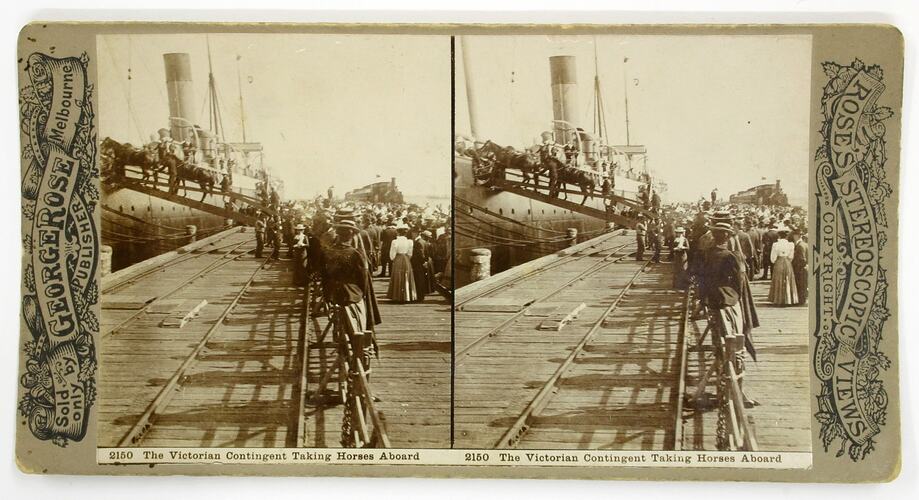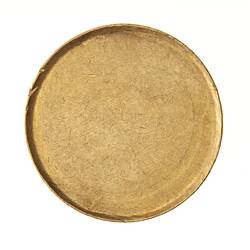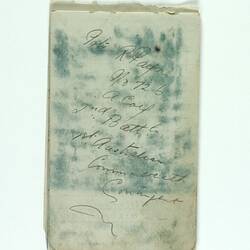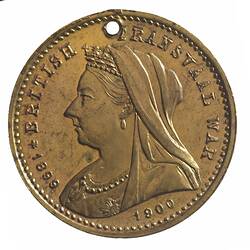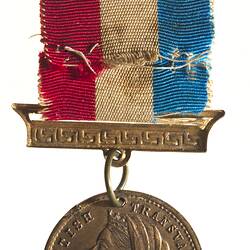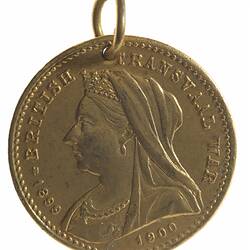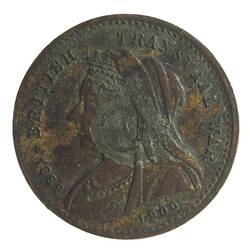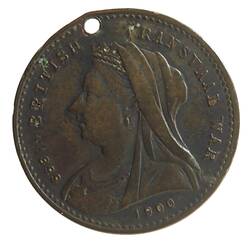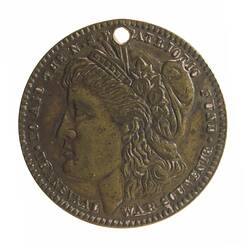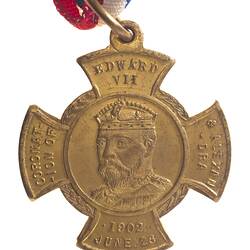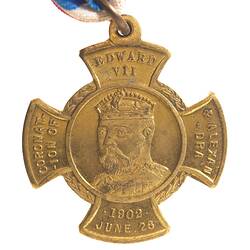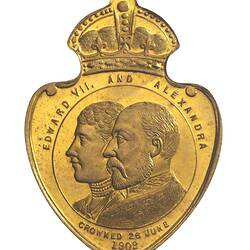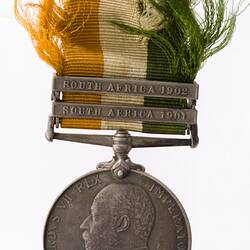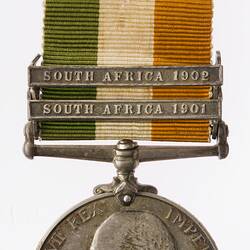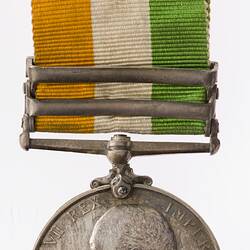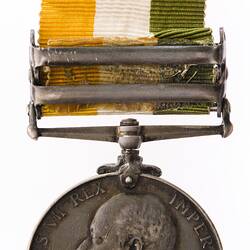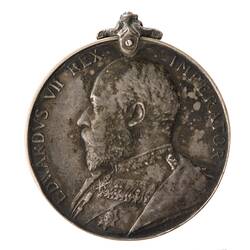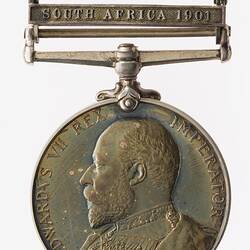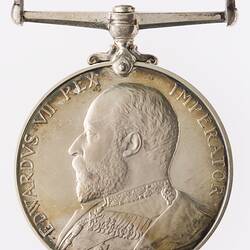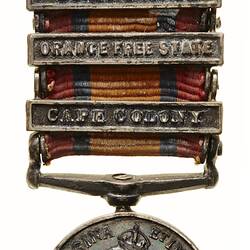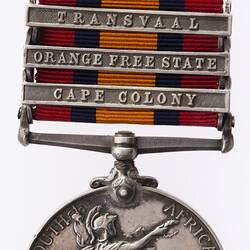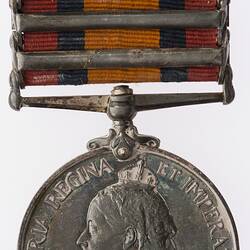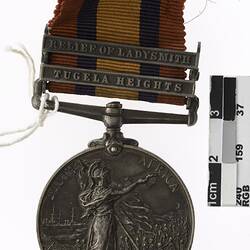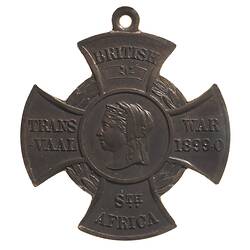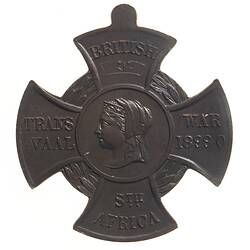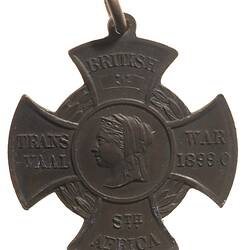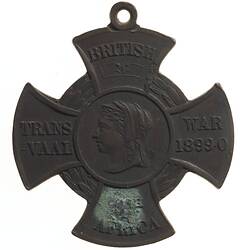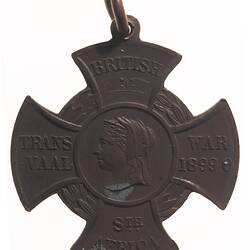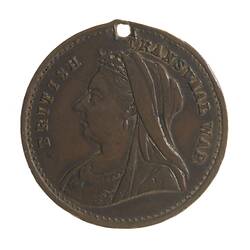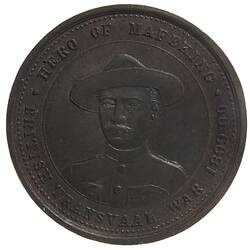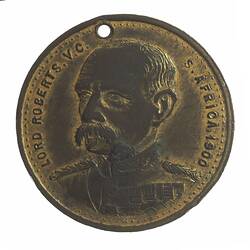In 1899 the Boers, descendants of Dutch settlers in the South African colonies of Transvaal and Orange Free State, declared war on the British forces. They were angry about interference in local affairs by the British, who had maintained a presence in the region for almost a century. It was not the first outbreak of hostilities: from late 1880 to 1881, the Transvaal declared independence from Britain, by whom it had been annexed it in 1877, resulting in a series of actions sometimes knowns as the First Boer War or the First Anglo-Boer War.
When hostilities erupted in 1899, enthusiastic civilians throughout the Australian colonies volunteered for serviceon behalf of Britain, supported by their respective colonial governments. Over 15,000 served in colonial contingents during the Boer War.
The first joint colonial regiment, the Australian Regiment, was formed of companies from Victoria, South Australia, Western Australia and Tasmania. The British gradually wore down Boer resistance, and peace was declared on 31 May 1902. The Peace of Vereeniging replaced the British military administration with a civil administration, eventually leading to self-government.
Around 20,000 Australian fought, with about 1,400 casualties (precise numbers are unknown); the Australian War Memorial Roll of Honour lists 608 names for the Boer War. Six Australians were awarded the Victoria Cross for their bravery. The new Federal Government granted money to assist incapacitated Boer War veterans and their dependents.
Museum Victoria's collection includes medals and several firearms from the Boer War. Some (eg. NU 18983) name the 'Transvaal War 1899-1900', a contemporary term for what was to be the longer Boer War 1899-1902.
References
National Archives of Australia Fact Sheet #67: Boer War records. http://www.naa.gov.au/about-us/publications/fact-sheets/fs67.aspx, accessed 14/5/2010.
Wikipedia, http://en.wikipedia.org/wiki/First_Boer_War and http://en.wikipedia.org/wiki/Second_Boer_War, accessed 3/11/2010.
More Information
-
Keywords
-
Localities
-
Authors
-
Article types
